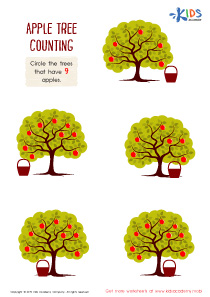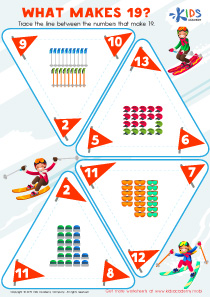Shape Recognition Extra Challenge Kindergarten Matching Worksheets
3 filtered results
-
From - To
Enhance your child's shape recognition skills with our "Shape Recognition Extra Challenge Kindergarten Matching Worksheets." Designed by expert educators, these engaging and brightly colored worksheets provide an advanced approach to building essential early math skills. Children will joyfully match and identify various shapes, boosting their critical thinking and spatial awareness. Perfect for at-home learning or classroom use, these worksheets offer an entertaining way for kindergarteners to practice and master shape recognition. Visit Kids Academy to explore our comprehensive collection of printable worksheets, designed to make learning fun and effective. Ignite your child's curiosity and joy of learning today!
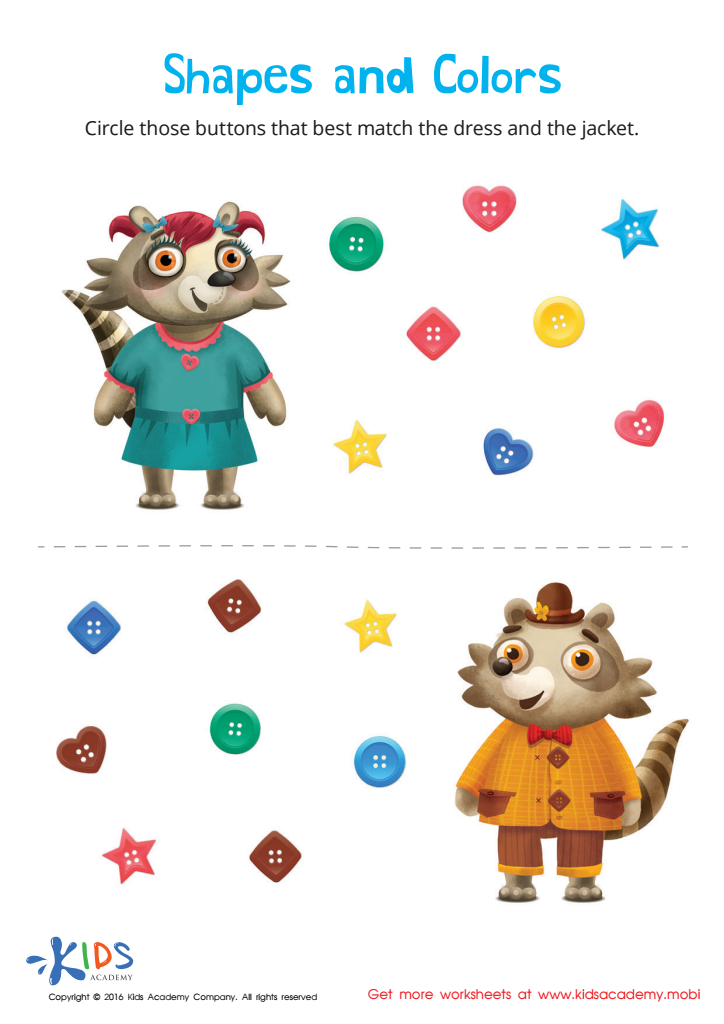

Matching: Shapes and Colors Worksheet
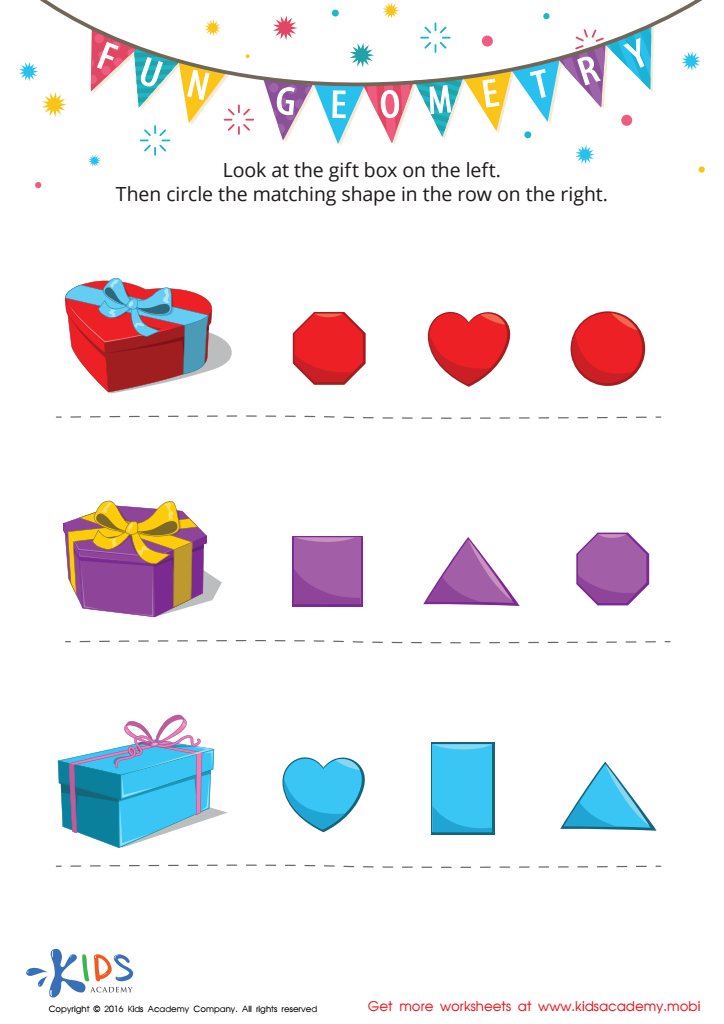

Fun Geometry Worksheet
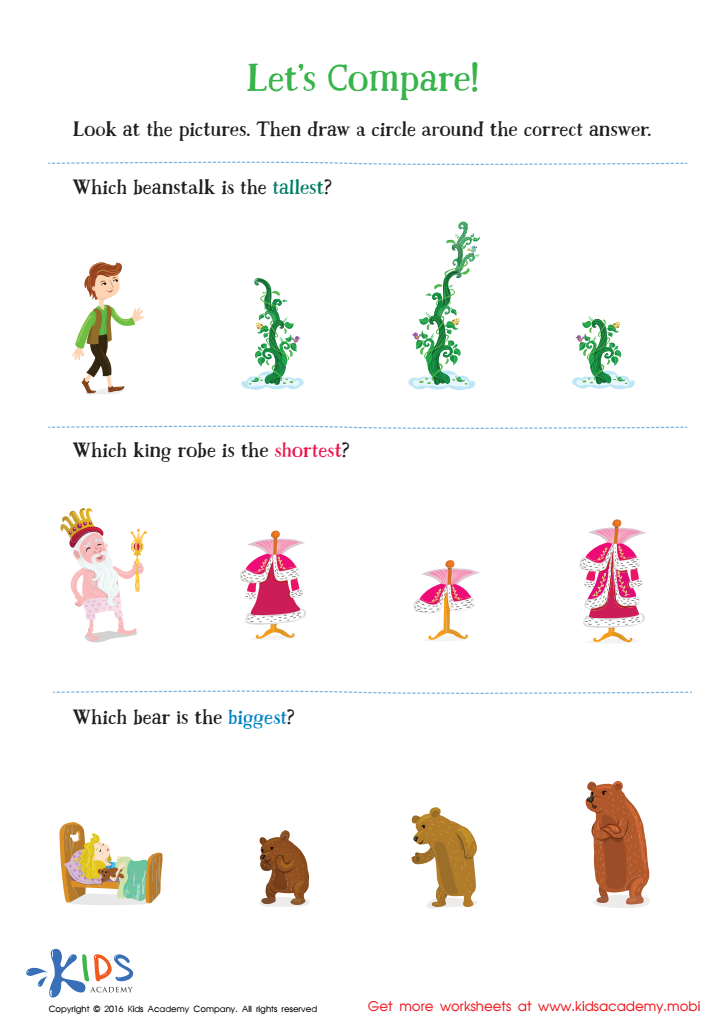

Fairy Tale Worksheet: Let's Compare
Shape recognition and extra challenge activities in kindergarten are crucial for early childhood development, bridging foundational skills vital for future learning experiences. Parents and teachers should prioritize these activities for various reasons.
Firstly, recognizing and matching shapes helps children develop visual-spatial awareness. This skill is essential not only for math but also for daily tasks like reading and navigating their environment. By participating in shape recognition challenges, children enhance their ability to identify and differentiate between various shapes, sizes, and patterns.
Secondly, these activities support cognitive development by engaging children in problem-solving and critical thinking. Matching games, for instance, require children to analyze shapes, compare them, and make decisions, which boosts their analytical abilities and persistence.
Moreover, shape recognition is a stepping stone for early math concepts, such as geometry and spatial understanding. Understanding shapes lays the groundwork for more complex math skills later on. It also helps in literacy development, as recognizing shapes is related to identifying letters and numbers.
Lastly, engaging in these activities also boosts motor skills. Handling and manipulating shapes improve hand-eye coordination, fine motor skills, and coordination.
Therefore, dedicating time to shape recognition and matching challenges offers a well-rounded developmental boost, preparing children for a plethora of future learning experiences and day-to-day tasks.
 Assign to My Students
Assign to My Students










